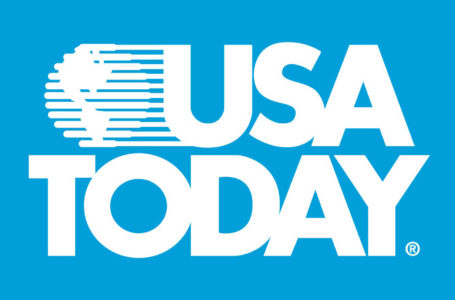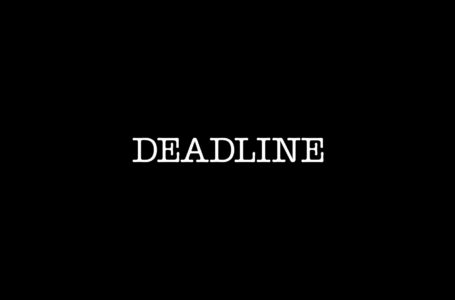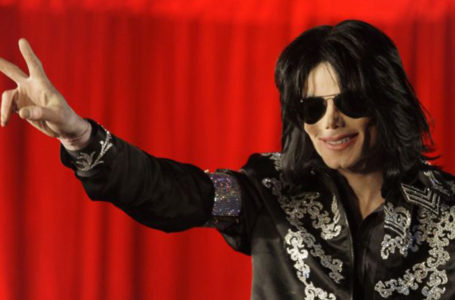In new court papers, UTA frames CAA’s lawsuit as being hypocritical.
UTA obviously doesn’t like being on the receiving end of a lawsuit that alleges it caused a dozen former CAA agents who repped top stars including Will Ferrell, Chris Pratt and Ed Helms to defect in a “lawless midnight raid.” In fact, it smells hypocrisy on the part of its rival, CAA.
“Forget the days of Michael Ovitz and ‘The Art of War,'” states a filed answer on Tuesday. “CAA has a new company handbook: ‘The Art of Whining.'”
According to UTA, CAA is complaining of conduct that was “employed and perfected over the last 20 years” by CAA itself: “For years, CAA’s modus operandi with respect to recruiting prospective agents has been simple — target, stalk and secretly meet with agents from competing agencies with the intention of ‘poaching’ them, despite knowing that these agents are subject to written partnership agreements with their employer agencies and contractual and/or other legal restrictions, including fiduciary duties to their current employees.”
UTA singles out CAA president Richard Lovett as being the “architect” of poaching activity and even says he went so far as to assign code names to targeted agents. For example, before Jason Heynam and Martin Lesak defected from CAA to UTA, they went the other way back in 2005 and were allegedly given the Lovett code names “Robin Yount” and “Paul Molitor,” after two Milwaukee Brewers baseball players.
Back then, Lesak was told by one of Lovett’s underlings he had two choices, according to UTA’s court papers: “Come to CAA and help kill, or stay at UTA and be killed.”
Usually, when defendants file an answer to lawsuits in court, it’s merely a recital of denials. In this instance, UTA attorney Bryan Freedman appears to want to make a point outside of the courtroom with a colorful filing that goes beyond merely defending his client by asserting UTA “simply abided by the lawful, well-established customs and practices of the talent agency industry.”
As such, UTA alleges that CAA would rent rooms at the Mosaic Hotel in Beverly Hills to secretly meet with agents being poached; that Lovett would leave a room key for these agents at the hotel’s front desk; that he would walk them through “step-by-step, clandestine procedure” and have them hire specific lawyers and tell them they had “nothing to worry about”; and so forth.
UTA never sued CAA over this despite word that when Heyman and Lesak defected, its rival obtained “over 110 pages of confidential and propriety documents including UTA’s confidential partnership agreements, client lists and organizational documents that identified UTA’s partnership structure and salary information of UTA partners and employees.”
It might be too late to do so now.
But UTA wants it known that “the only party guilty of unfair competition here is CAA,” reiterating the clandestine poaching methods of its rival over the past 20 years. “The hubris of CAA prevented the agency from considering that any of its agents would ever choose to exercise their termination rights under these documents and exit CAA for another opportunity,” adds UTA. “The fact that the subject agents did choose to exercise their rights to explore other opportunities beyond CAA personally offended Richard Lovett, which is why he directed CAA to file this unsubstantiated lawsuit against UTA and his former colleagues in retaliation for his hurt feelings and wounded pride.”
The first of 48 affirmative defenses to the lawsuit is that CAA claims are barred under the doctrine of unclean hands.





